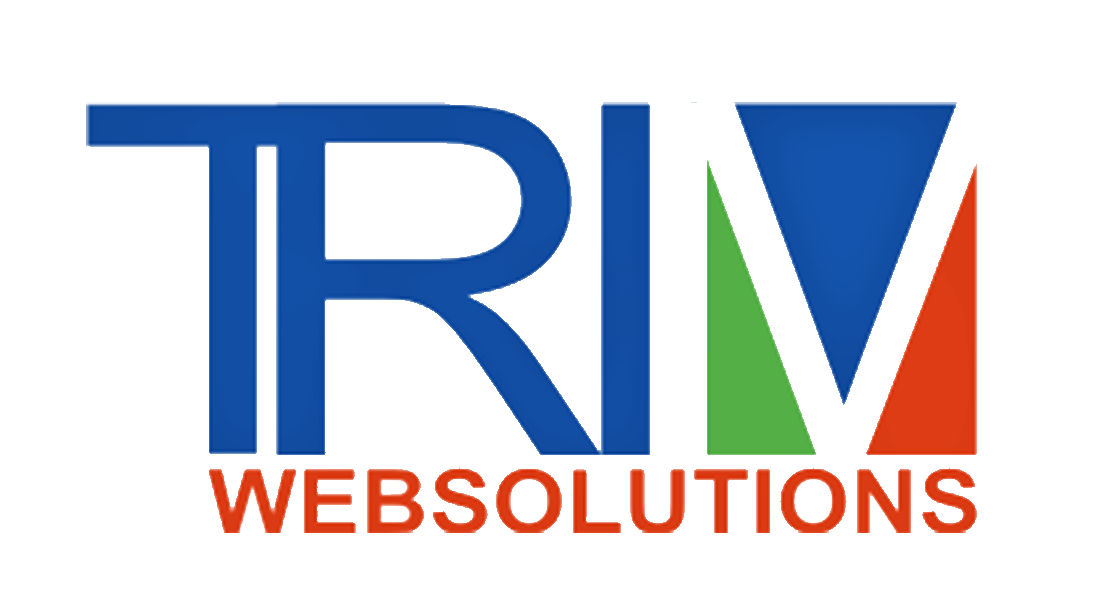Data Mining: Uncovering Hidden Insights in the Sea of Data

Introduction:
In the era of big data, organizations are faced with an abundance of information that holds untapped potential. Data mining, a process that extracts meaningful patterns and knowledge from large datasets, has emerged as a transformative technique for businesses seeking to harness the true value of their data. This article explores the concept of data mining, its methodologies, and the advantages it offers in making data-driven decisions and gaining a competitive edge.
What is Data Mining?
Data mining is a process of analyzing vast datasets to discover previously unknown patterns, correlations, and relationships. It involves using advanced algorithms and statistical techniques to sift through large amounts of data, seeking valuable insights and knowledge. Data mining is part of the broader knowledge discovery process, which encompasses data cleaning, data integration, data selection, and data transformation.
Methodologies of Data Mining:
Data mining encompasses various methodologies, each serving a specific purpose in the knowledge discovery process:
-
Classification: Classification involves categorizing data into predefined classes or groups based on their characteristics. It helps in predicting future trends and classifying data into distinct categories for analysis.
-
Clustering: Clustering aims to identify groups or clusters of similar data points within the dataset. It helps uncover underlying patterns and similarities among data points, providing valuable insights into segmentation and customer behavior.
-
Association Rule Mining: Association rule mining identifies interesting relationships between different variables in the data. It uncovers co-occurrences and dependencies, allowing businesses to optimize cross-selling and recommend related products or services.
-
Regression Analysis: Regression analysis explores the relationship between dependent and independent variables, helping in predicting future values and understanding the impact of different factors on an outcome.
Advantages of Data Mining:
Data mining offers several advantages that contribute to better decision-making and improved business outcomes:
-
Data-Driven Decisions: By extracting valuable insights from data, data mining empowers businesses to make informed, data-driven decisions rather than relying solely on intuition or past experiences.
-
Identifying Patterns and Trends: Data mining helps identify hidden patterns, trends, and correlations within the data, offering a comprehensive view of past and present behaviors.
-
Predictive Analytics: Through data mining, businesses can use historical data to build predictive models, forecasting future trends and outcomes.
-
Competitive Advantage: By leveraging data mining, organizations can gain a competitive edge by understanding customer preferences, optimizing processes, and developing targeted marketing strategies.
Conclusion:
In the data-rich landscape of today's world, data mining has emerged as a powerful tool for extracting valuable knowledge from vast datasets. By uncovering hidden patterns, correlations, and trends, data mining empowers businesses to make data-driven decisions, enhance customer experiences, and gain a competitive advantage.
As technology continues to advance, data mining will become even more instrumental in guiding businesses through the complexities of the digital age. Embracing data mining as part of the knowledge discovery process will be crucial for organizations seeking to leverage the full potential of their data and thrive in a data-driven future.
658 0 7
Write a Comments
* Be the first to Make Comment















